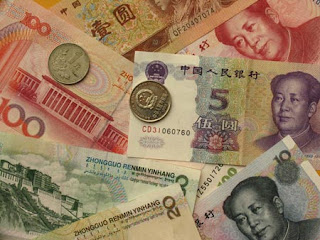Intellectual
Roots of Terror
by James Ostrowski
Can the laboratory of communism also
shed light on the viability of a related political philosophy, which also relies
on centralized governmental coercion to achieve its goals: modern liberalism?
The communists did all at once what stealthy left-liberals apparently intend to
do piece by piece while we sleep. We just lived through a century in which
liberals enacted several recommendations of the Communist Manifesto and
transformed a night-watchman state into a welfare/warfare state with a
continual flow of "progressive" legislation and various
"Democrat wars" and crusades with the result that no one in my law
school class in 1983 could identify, in response to Professor Henry Mark
Holzer's query, any aspect of life that was not in some way regulated or
controlled by the state. Seventeen years later, are they through?
If you think I exaggerate, consider
that liberals and communists share five critical premises: egalitarianism,
utopianism (the use of impossible "ideals" as a guide to policy), the
efficacy of force in accomplishing positive goals, hostility to civil society
(nonstate institutions, e.g., Boy Scouts, private schools), and the
individual's inability to govern himself.
In light of the recent attempted
coup d'élection, I am tempted to add a sixth similarity — willingness to win
political fights at all costs. Further evidence of some basic affinity between
communism and modern liberalism is the latter's frequent coverups and apologies
for the former. Finally, communists and liberals share a tendency to expressly support
"mass democracy" while they in practice concentrate power in
secretive elite bodies such as politburos and appellate courts.
The Black Book
In that spirit of fascination with
the enemy, I recently read The Black Book of Communism, a clinical and relentless
dissection of the crimes of communism in the 20th century — defined by
"the natural laws of humanity" — written by several ex–fellow
travelers led by Stephane Courtois.
One wonders, after reading this
book, whether political power actually grows out of the depraved minds of
solipsistic, megalomaniacs like Lenin, Stalin, and Mao. It seems that if you
hypnotize yourself into discarding all known ethics and morality, and are
willing to use any and all ruthless means to achieve power, then you can have
it. A Bolshevik newspaper wrote in 1919, "Our morality has no precedent …
everything is permitted … Let blood flow like water." And it did.
The Rap Sheet
When Khrushchev said, "We will
bury you," he meant it. Communists buried 85 million people in the 20th
century, give or take the number of people who live in New York State. What is
really interesting, however, is not the sheer number of victims. After all, as
Stalin said, "A single death is a tragedy. A million deaths is a
statistic." And what a statistician Stalin proved to be.
